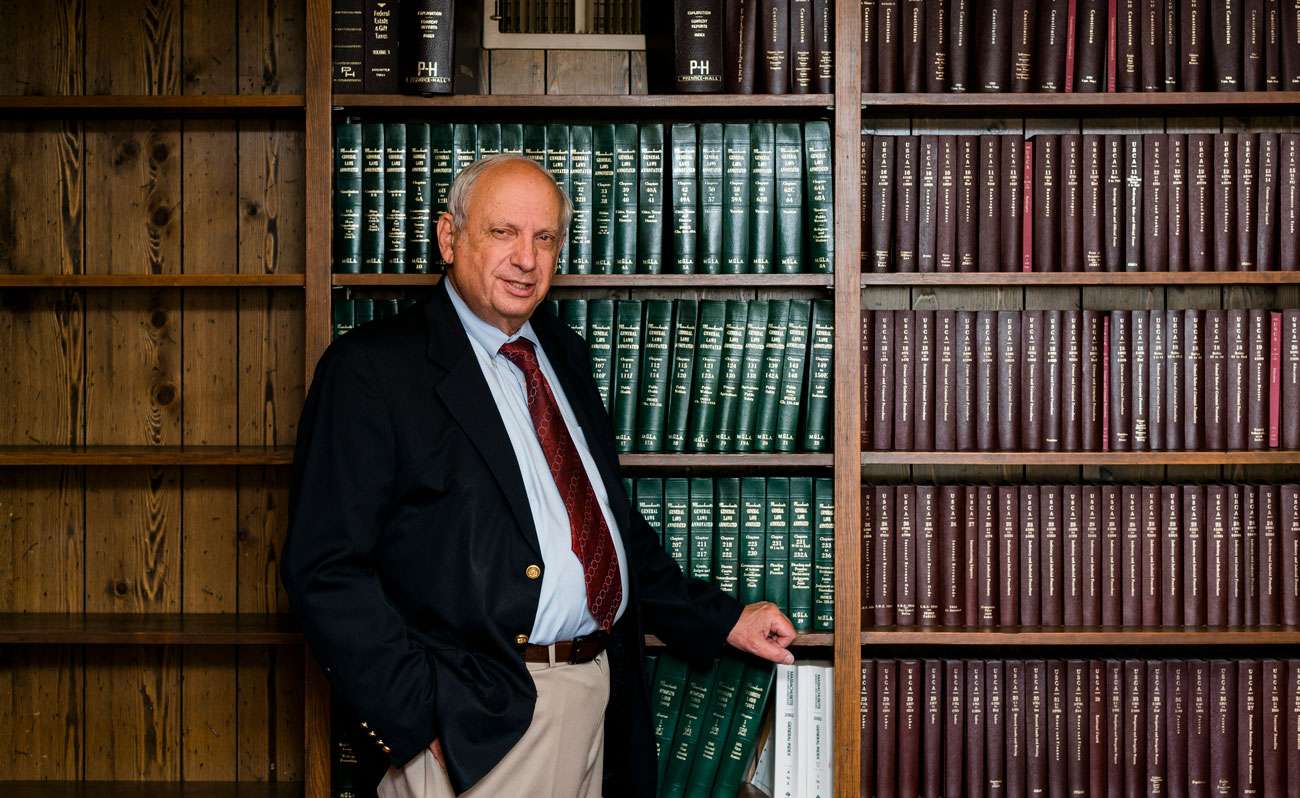LYNN — A champion for those least able to afford legal representation, the Greater Lynn Bar Association has counted Greater Lynn’s most esteemed attorneys among its members.
Founded in 1890 as the Lynn Bar Association, the organization’s history is a hobby for Lewis Street attorney Loring Paul Fluke, who says the association is one of the country’s oldest.
Fluke wrote a short history of the association that records how Benjamin Merrill, originally from Worcester County, became the first lawyer to open an office in Lynn on South Common Street in the mid 1800s.
A controversial figure in Lynn who was branded as being “prejudicial to the interest of the community,” Merrill resettled in Salem, partnering with Samuel Putnam, an attorney and prominent member of the Essex County Bar Association.
Merrill became president of the Essex County Bar Association in 1845, undertaking work that set the stage for its Lynn counterpart “to further the cause of justice; to sustain and improve the law and its administration; to ensure conformity to a high standard of professional duty and to promote the professional and social interests of the Bar.”
That mission statement ensured the association never backed off contentious legal topics during its history. Led by president Jacob Tupman, Association members in 1953 backed a resolution to allow lawyers to participate in Social Security. As the third-largest bar association in the state at the time, the organization was well-positioned to have its voice heard.
In 1966, members dove into a several year-long battle over how best to provide free legal aid to the poor.
A federally-approved and funded legal program, overseen by representatives of local community organizations, faced association criticism. Attorneys opposing the program called it a complicated version of the direct legal aid provided to indigent local residents by attorneys for free.
An association study committee that included notable local attorneys including Theodore Regnante, Joseph Casey and Daniel Horgan, slammed the program, warning its structure could lead to ” …stirring up of litigation which is contrary to the Canon of Ethics of the bar.”
The association fought a 1967 compulsory automobile insurance bill. Its members balanced philanthropic initiatives with advocacy work during the next two decades. In 1992, the Association took aim squarely at the courts and a backlog in small claims court cases.
Three years later, members elected attorney Elizabeth Weber the association’s first woman president. In the last three decades, the association has fought to improve public defender pay and strengthen alternative-resolution programs.
The association produces a continuing legal education program called “The John P. McGloin Memorial Lecture Series.” The program is jointly sponsored with the Essex County Bar Association and is a primary source of continuing legal education in Essex County.
It also encourages members to volunteer to conciliate civil matters, small claims and landlord-tenant disputes at the Lynn District Court through the Essex County Bar Association Pro Bono conciliation program. Greater Lynn Bar Association members also visit Lynn public schools annually as part of the Lynn District Court Law Day curriculum.
In his history, Fluke lists a partial list of Association attorneys who were well known in their time, including the Honorable Joseph L. Tauro, chief justice of the U.S. District Court for the District of Massachusetts and chief justice of the Massachusetts Supreme Judicial Court; the Honorable Henry T. Lummus, associate justice of the Massachusetts Supreme Judicial Court; the Honorable James H. Sisk, associate justice of the Massachusetts Supreme Judicial Court and former president of the American Bar Association, Massachusetts Bar Association and Lynn Bar Association; Attorney Guy Newhall, a nationally-recognized authority in probate and fiduciary Law; and the Honorable David A. Lowy, currently an associate justice of the Massachusetts Supreme Judicial Court.

